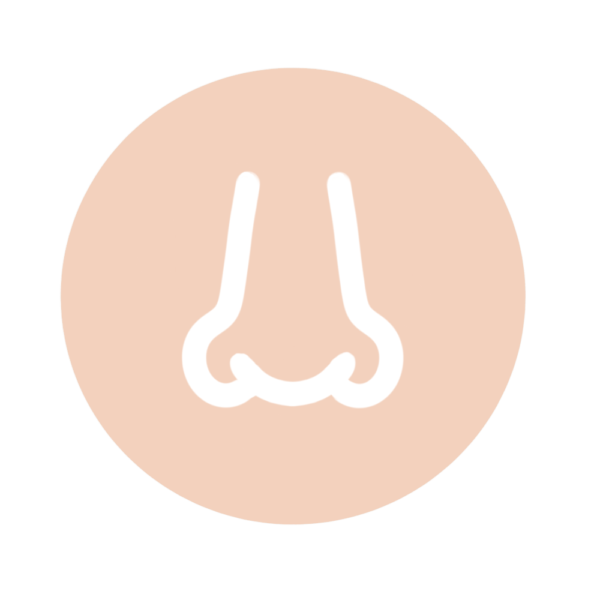Runny nose
Baby health

A runny nose, also called rhinorrhea, happens when excess fluid drains from your child’s nose. The fluid is mucus that is thin or thick, clear or opaque, and can be a sign of a flu, a simple cold, or just an allergic reaction.
Common causes a runny nose?
- Colds and flus
- Crying when tears drain through the tear ducts, and later into the nose
- Cold weather or exposure to cold air (air-conditioner)
- Infections of the sinuses and or adenoids
- Allergic reactions to pollen, pets or other things
- Other reasons, like non-allergic rhinitis, nasal polyps, large adenoids, swollen turbinates, or an object inside your child’s nose causing obstruction, and mucus drainage.
How to treat-runny nose?
Once the source of the runny nose is found, treatment can include:
- Rest time
- Washing the nose with nasal rinses (this is especially good before bedtime so your child can sleep uninterrupted)
- Watchful waiting
- Medications taken by mouth or sprayed into the nose
- In some rare cases hospitalization or even surgery
When to get medical help?
Often, runny nose goes away on its own. When it persists, or lasts longer than 10 days, a runny nose can be a sign of a condition that should be treated. If a high fever is present, consult your doctor.
What doctor shall we consult?
When a runny nose is persistent, you may take your child to see an allergist or an Ear, Nose and Throat specialist (Otolaryngologist).
Verified:
Dr. Piyawut Kreetapirom, MD. license no. 41578 (1 July 2020)



